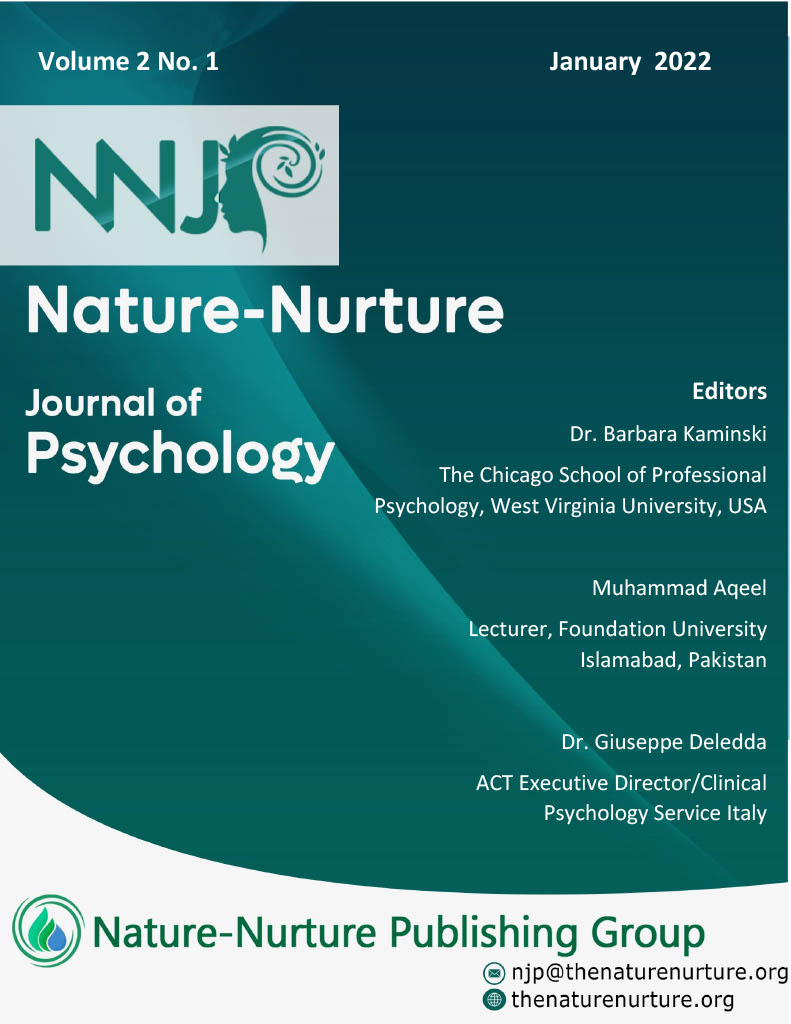Abstract
Background: Self-stigma and Shame have broadly been studied as related to substance use disorders globally, however interventions have not been examined in randomized double-blind, and parallel-group clinical trials. There have little been known related to the evaluation and treatment of self-stigma and shame in Pakistani substance user patients. This study examined the effects of acceptance and commitment therapy (ACT) for self-stigma and shame in patients with treatment for substance user disorders.
Methods: Sequential cohort sets have been allocated in a pairwise random style to get intervention of the acceptance and commitment therapy (ACT) and treatment as usual (TAU) in place of six hours of a group workshop during a single week and concentrated on acceptance in relation to shame and self-stigma which would have followed at that similar interval.
Results: The results of linear mixed-effects models demonstrated that the ACT intervention resulted in minor immediate increases in shame at pre-test however higher reductions were observed at post-test in patients with experimental(ACT) group as comparison of patients with control group. Further, those patients with the ACT group found less shame in comparison of patients with treatment group at follow-up. Moreover, Effects intervention of the ACT on treatment use at follow-up phase have statistically been significant through post-treatment stages of shame, these results illustrated that greater levels of shame were found at post-treatment phase in patients with treatment groups at follow-up. Furthermore, effects intervention of the ACT on shame at follow-up phase have been mediated through treatment use at follow-up phase, recommending that ACT intervention could have had its influence, as a minimum in part, by improving patients in treatment groups.
Conclusions: This study’s findings recommended that the ACT therapy was more effective promising intervention toward reducing the shame in patients with substance user disorders. The results of present study would serve as a new model to plan prospect randomized control trail with ACT-related interventions. Further, it would also be cost effective as well as play important role as prevention to improve relapse rate in patients with substance user disorders.
Copyright and Licensing
All articles published in the Nature-Nurture Journal of Psychology are made freely and permanently accessible online immediately upon publication, without subscription charges or registration barriers.
Authors retain the copyright of their work and grant the journal the right of first publication. Articles are published under the terms of the Creative Commons Attribution 4.0 International License (CC BY 4.0), which permits unrestricted use, distribution, and reproduction in any medium, provided the original work is properly cited.
To view a copy of this license, visit https://creativecommons.org/licenses/by/4.0/

